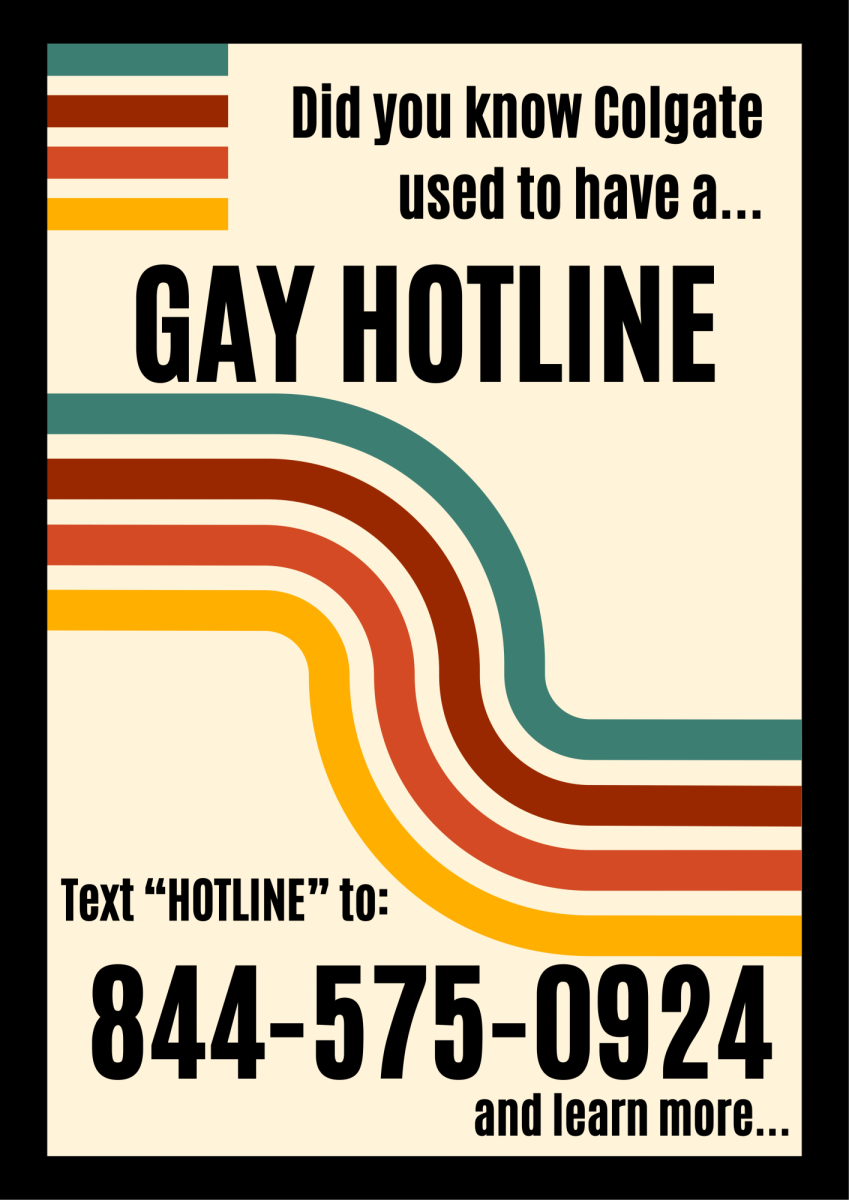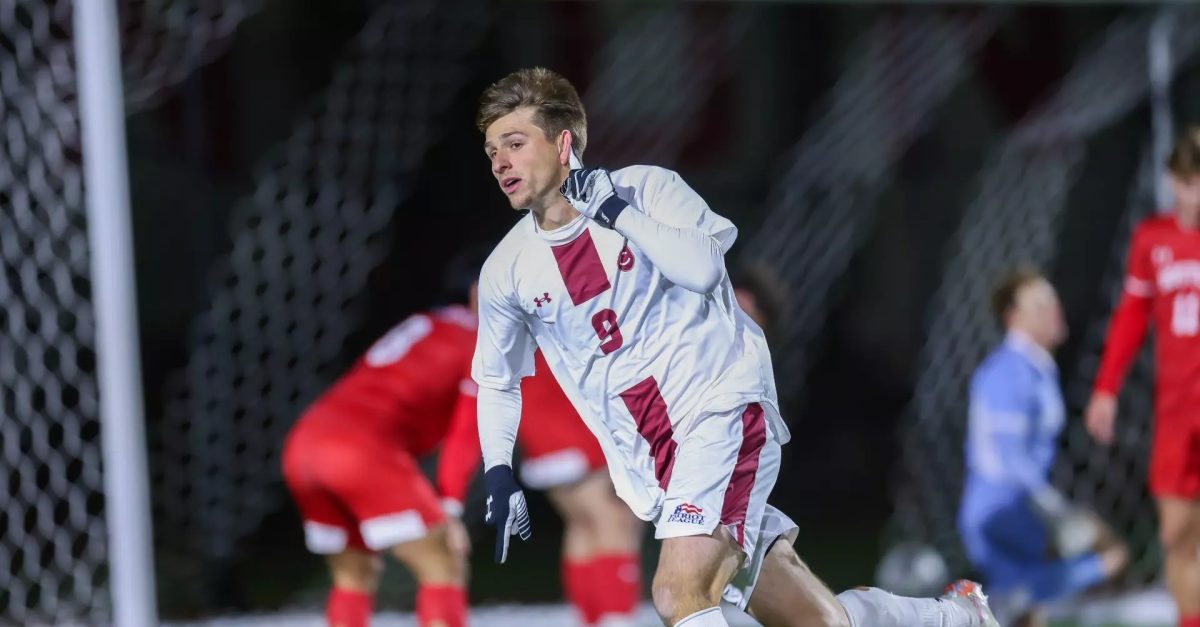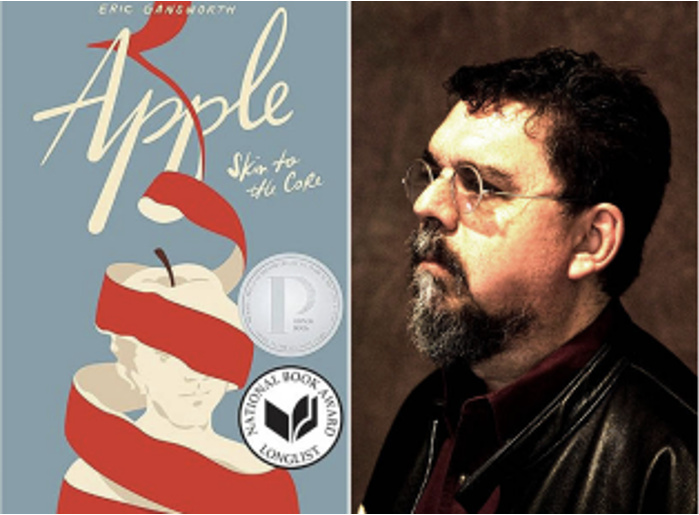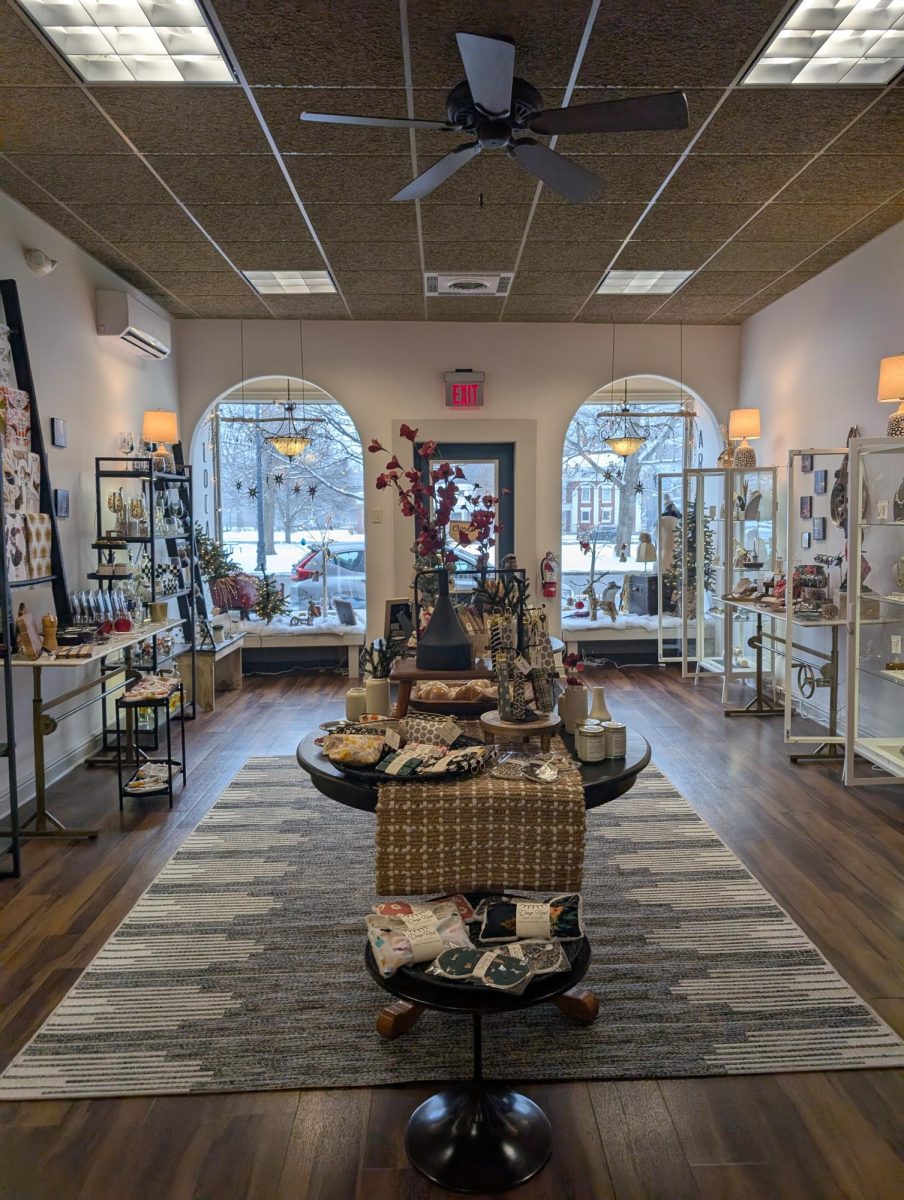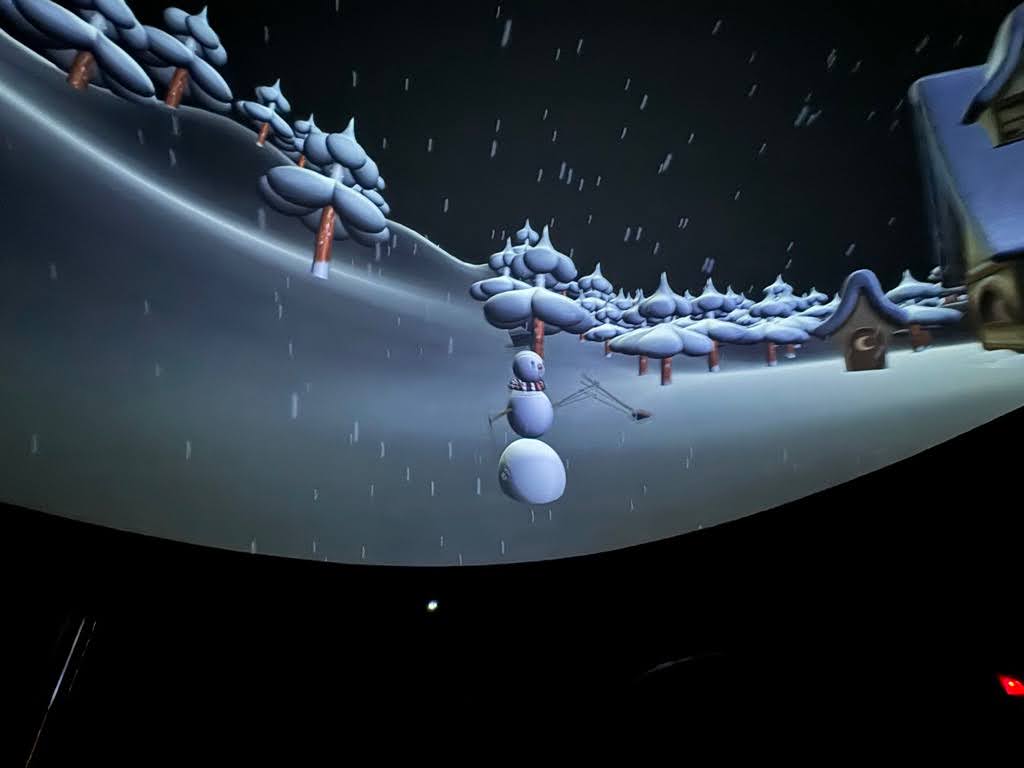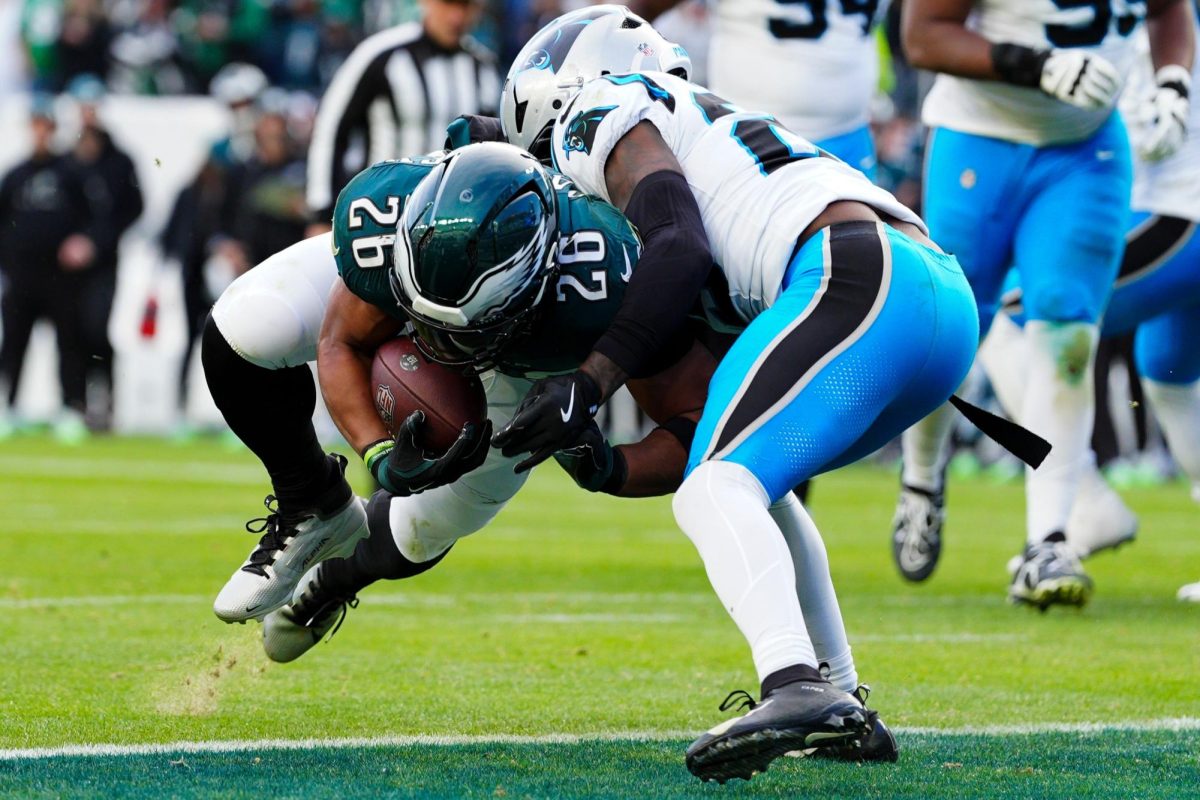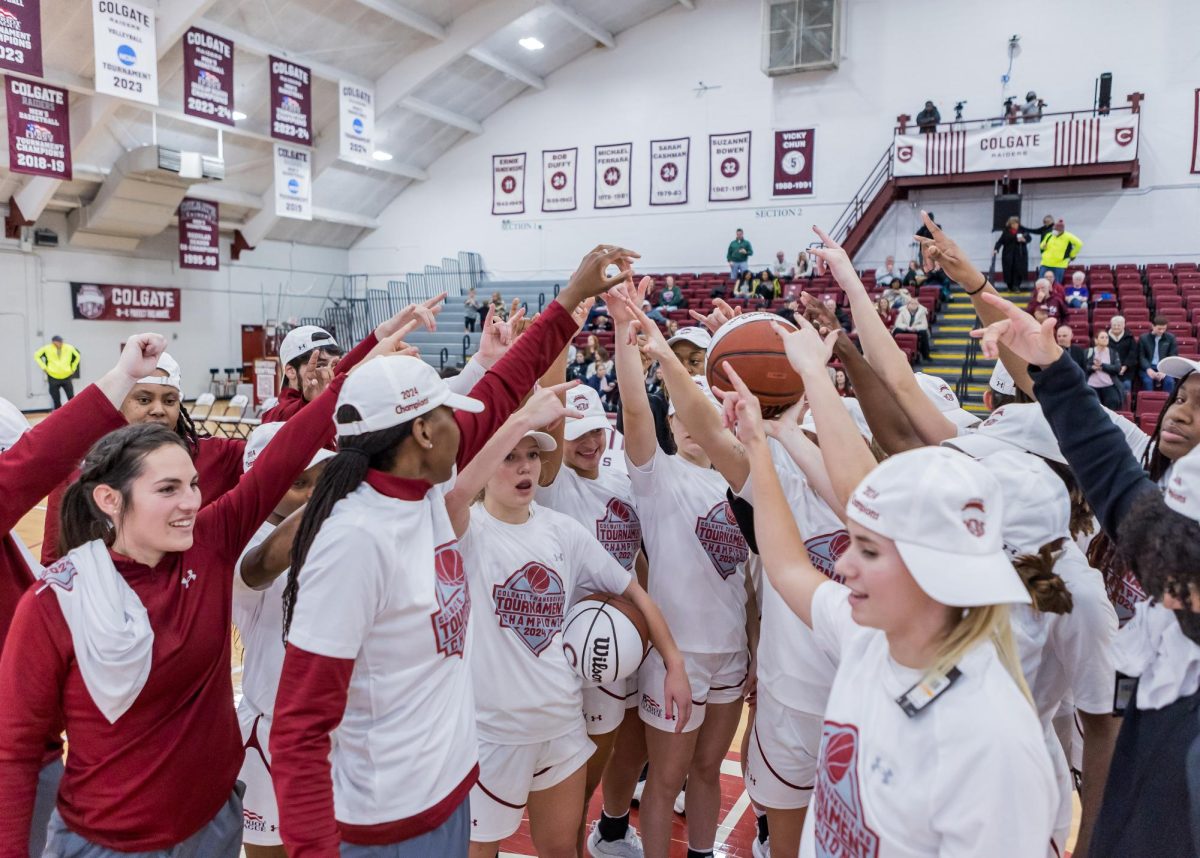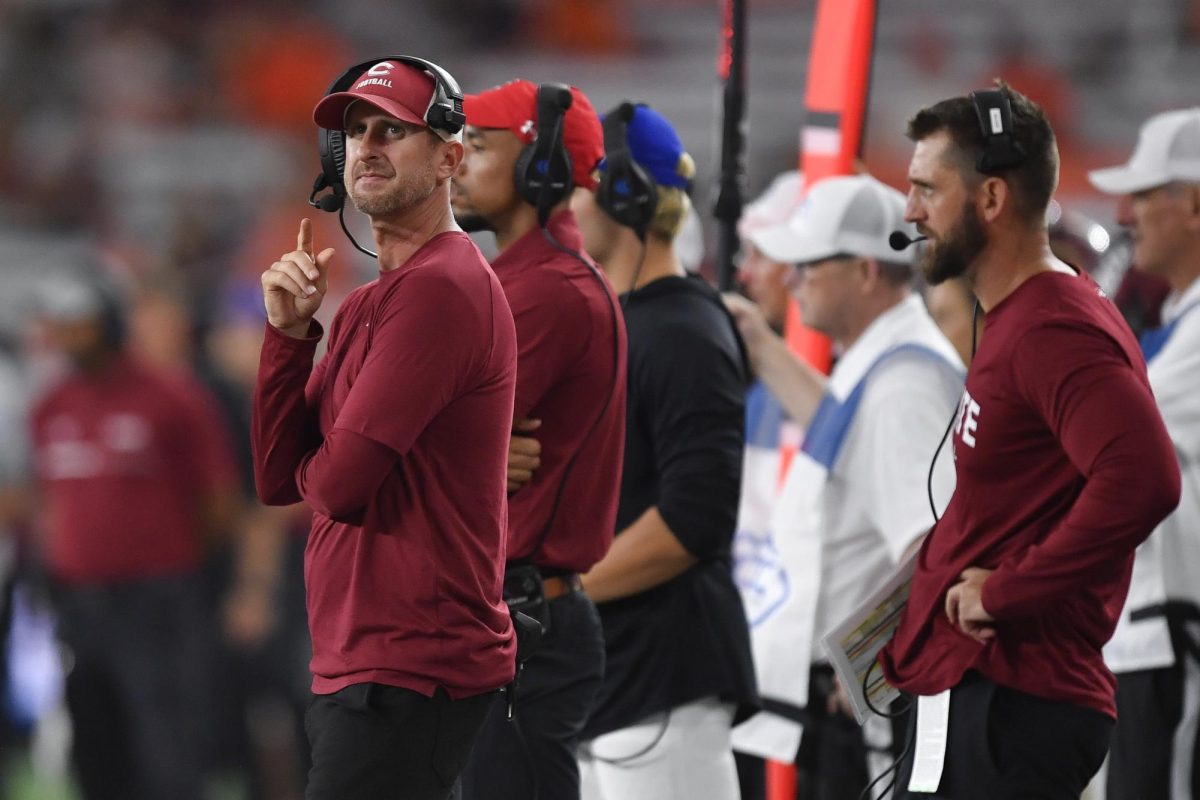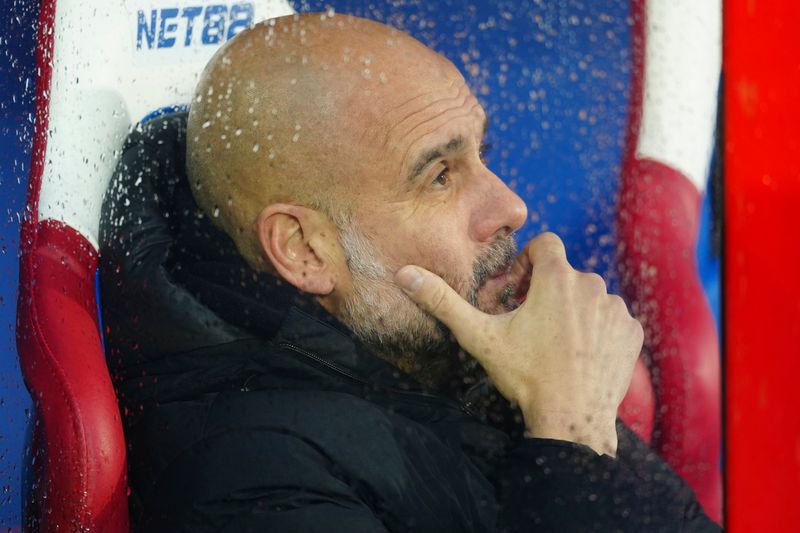Dr. Sarah Hewitt, a neuroscience and physiology professor at Mount Royal University in Calgary, Alberta, discussed what it means to be an “adventure scientist” as part of the Environmental Studies Brown Bag series on Friday, Nov. 15. Hewitt’s lecture was sponsored by Colgate University’s Division of Natural Science, CORE Science and Colgate Outdoor Education.
Hewitt began with a discussion of her complex career path to becoming an “adventure scientist.” She described the experience of reading “Cosmos” by Carl Sagan and learning about the Miller-Urey experiment that successfully mimicked the Earth in a flask. Eventually, she obtained a doctoral degree in neuroscience from the University of Calgary, but soon grew restless behind a desk.
“After six years of sitting in a dark room with no windows, I thought, ‘I’m going to die if I have to do this for the rest of my life.’ I couldn’t continue doing it,” Hewitt said.
It was during this time that Hewitt coined the phrase “adventure science.”
“I came up with this idea of mashing together travel, writing, photography, science and all of these things I loved into something that I just called ‘adventure science’,” Hewitt said.
From that pivotal point, her career path was not linear. She went from creating her own company training athletes, to doing a year of school for becoming an emergency medical technician, to being a lab technician. After growing disenchanted with her doctoral work, she sped through a myriad of careers: She applied to be a zookeeper, astronaut, spy and ultimately ended up as a professor.
Sophomore Zoe Adams connected profoundly with the idea of “adventure science.”
“I thought [Hewitt] was awesome, and she was super funny and relatable. I am planning to go to [medical] school and I spend most of my time in science classes, but I also love the outdoors and exploring, so I feel like this is who I want to be,” Adams said.
First-year Juanita Omeje expressed similar feelings.
“I was curious as to the speaker’s experience taking scientific research outside of the classroom and the lab […] [adventure science] implies a sense of risk, of encountering the unexpected and facing it head-on. But that’s also what made it appealing because the best and often most lasting way to learn is by doing,” Omeje said.
In her discussion, Hewitt highlighted six key lessons. The first was about flexibility and humility.
“Science is about uncertainty and not knowing, so be humble, prepared to adapt and make mistakes,” Hewitt said. “In science, we’re always working in that realm where we’re asking questions about things we actually don’t know the answers to.”
In these situations, she encouraged a humble and adaptable approach.
Her second lesson urged a nuanced approach to data analysis.
“Science is about data, but pay attention to the story behind a single data point,” Hewitt said. “By the time [the data] gets published in the paper it has erased all of the interesting stuff that is in that story […] the story behind these data points is almost more interesting than the results themselves.”
Her third lesson expressed her concern with people today often downplaying the role of experts in the world, often equating a Google search as sufficient knowledge.
“We need to talk more about process and how we know what we know […] Most people just have no idea how this really works. If people could tell these stories, it’s a lot more compelling, especially for the general public,” Hewitt said. “They’re a lot more likely to listen, and maybe even learn.”
Omeje resonated with Hewitt’s statement.
“It allows for greater connection between the researcher and the audience. It might not always be feasible to include these stories in something like a research paper for a college class where set guidelines and expectations allow little room for backstories,” Omeje said.
In lesson four, Hewitt emphasized the importance of collaboration, not only in conducting research but being a part of the experiments themselves, such as her participation in research that observed blood flow to the brain.
“In science, teamwork is everything,” Hewitt said.
Her fifth and sixth lessons reminded listeners of the determination and dedication of altruistic scientific researchers.
“Science is a human endeavor. In order to do this kind of work you have to be extremely dedicated to what you’re doing and willing to work with what you’ve got,” Hewitt said. “It’s inspiring to be around people that want to do whatever they’re doing that badly […] But it’s also done for people. A lot of the work that is done truly impacts people and communities.”
Hewitt is currently in the process of making a magazine that includes scientists’ personal experiences of being in the field. She expressed her desire for science to be more than just a PDF behind a paywall and urged young students to explore the field.
“Science gets better the more you get into it. Say yes to everything. And kind of embrace that idea of learning more and more,” Hewitt said. “You don’t have to get it right. There’s no right way to do what you want to do. There’s going to be lots of right choices,” Hewitt said. “Anywhere can be an adventure. There’s cool people doing cool stuff everywhere.”



